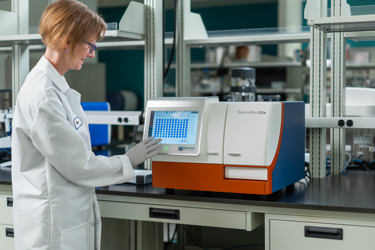The Regulatory Bar For Cell Therapies Has Been Raised- Are You Ready?

Since 2024, several cell and gene therapy programs have encountered significant obstacles related to manufacturing readiness. Capricor’s CAP-1002, an allogeneic cell therapy for Duchenne muscular dystrophy, received a Complete Response Letter (CRL) citing incomplete clinical, Chemistry, Manufacturing, and Controls (CMC), and non-clinical data. Ultragenyx’s DTX401, an AAV gene therapy for glycogen storage disease type Ia (GSD-Ia), was declined due to gaps in manufacturing data and facility preparedness. Rocket Pharmaceuticals’ Kresladi, a lentiviral gene therapy for leukocyte adhesion deficiency type I (LAD-I), has faced delays stemming from unresolved CMC questions.
Additionally, the FDA declined approval for Atara Biotherapeutics’ Tabelecleucel because of manufacturing concerns at a third-party facility. These cases underscore the critical importance of thorough manufacturing readiness and robust CMC data in gaining regulatory approval. As cell and gene therapies continue to advance, addressing manufacturing challenges early and comprehensively remains vital for accelerating development and ensuring successful clinical progression.
Get unlimited access to:
Enter your credentials below to log in. Not yet a member of Cell & Gene? Subscribe today.
